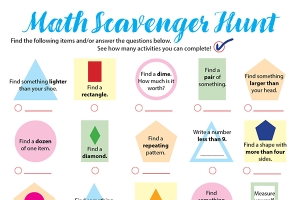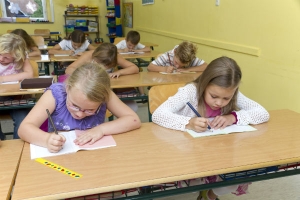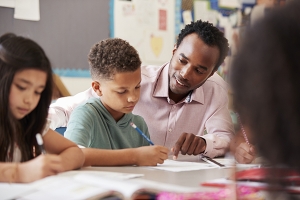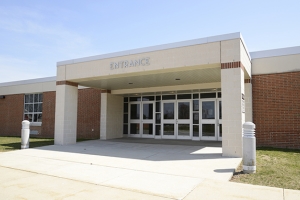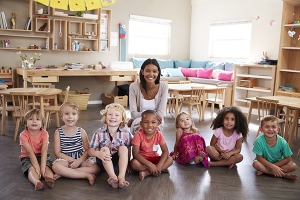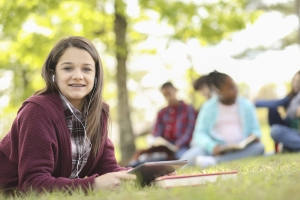
Choosing a kindergarten program can feel like a daunting task. In an effort to place your child in the “right” school, there are many things to consider.
Think about your own philosophy of education.
What are some of the things you want for your child? Do you want her to get her hands dirty and experience things close up? Would you like a streamlined, rigorous approach to learning or one that is more flexible and grows with students as they learn? Do you believe in collaboration and group work or does your child work better alone? Learn the philosophy of the school and use it to envision your child as a student there.
Consider the whole school community.
When looking for a kindergarten program, it’s tempting to be laser-focused on the teacher, but it’s vital to look at the whole school and consider if it feels like “home” for your child. You’re choosing a school, not just a teacher. It’s wonderful to love your child’s kindergarten teacher — and it’s great to be excited about what comes next.
Seek enthusiastic, inspired teachers.
The biggest influences on your child (aside from yours) are the teachers they interact with, so observe them in action. If you want a setting where students are encouraged to think creatively, look for teachers who think creatively. Ask about professional development for teachers. If a school is committed to furthering education for their teachers, you can be sure those teachers are giving students their best.
Remember: Learning should be fun!
School is awesome. Learning is awesome. Being with friends and teachers who care for you is awesome. When you tour a class, take note — Are the kids happy and involved? When children feel the joy of learning, everything else comes naturally.
Search for a balanced curriculum.
A great program has breadth and time for exploration. Look for a school with a strong social/emotional program and teachers who take the time to help children communicate, solve problems, and provide time for academic learning and working together as a classroom community. As a child prepares to be an active participant in the world, the importance of a well-rounded education that focuses on the whole child is essential.
Be attentive to class size.
A small class size can mean the difference between a good school experience and an amazing school experience. In small classes, teachers are able to attend to each student every day, many times a day. A teacher can tailor curriculum to meet the needs of each student. Students are more likely to stay engaged academically and socially. The importance of class size cannot be overstated.
Talk to current parents.
Parents are a wonderful resource when researching a school: Why did they choose the school? What is the expectation for parent involvement? What do they think is great? Parents usually have relevant information and are happy to share their opinions.
Explore the daily school schedule and before/after school programs.
Look for a program that honors a child’s need to move, explore and practice, in and out of the classroom. Developmentally appropriate playtime is essential at the kindergarten level and at least one hour of unstructured, but monitored, playtime (or more) is ideal. Many schools offer afterschool enrichment programs, which may add to the overall experience.
Find out the school’s policy on helping children who are ahead and those who need extra help.
Students are a diverse group. Classrooms are full of students working at different levels. Finding a school that actively structures lessons and classroom time around differentiated instruction is critical.
Above all, visit.
The best thing you can do when looking for a school is visit. Attend an open house in the spring before your child starts kindergarten or schedule a tour. You are the best judge of what is right for your child, so trust your instincts. There is much to consider, but have fun on the search.
Rachel Szalay, a teacher at The Child’s Primary School in Clairemont, has taught kindergarten for eight years and taught preschool for six years before that.
–––––––––––––––





